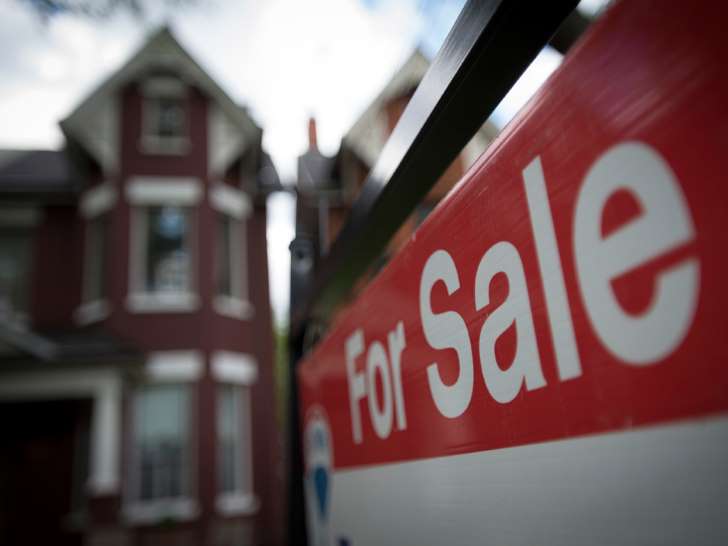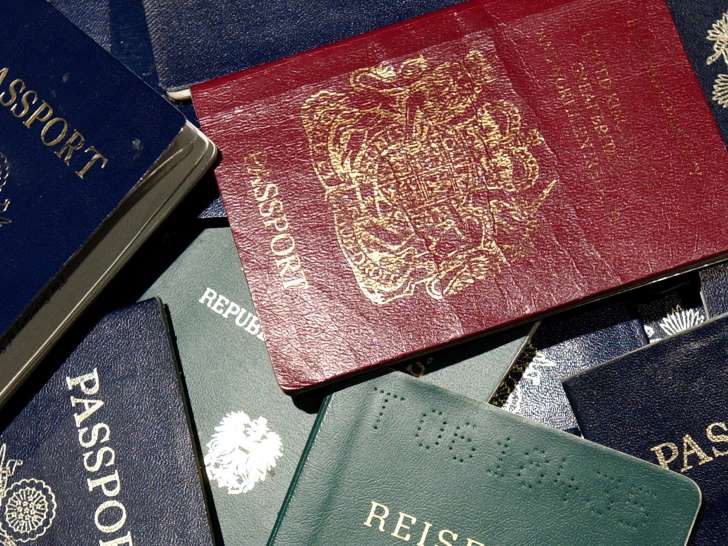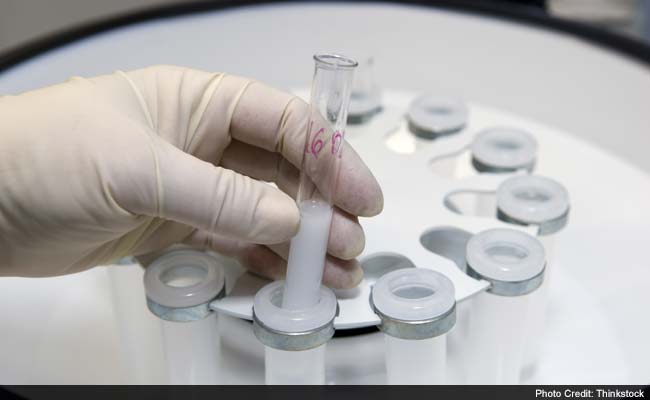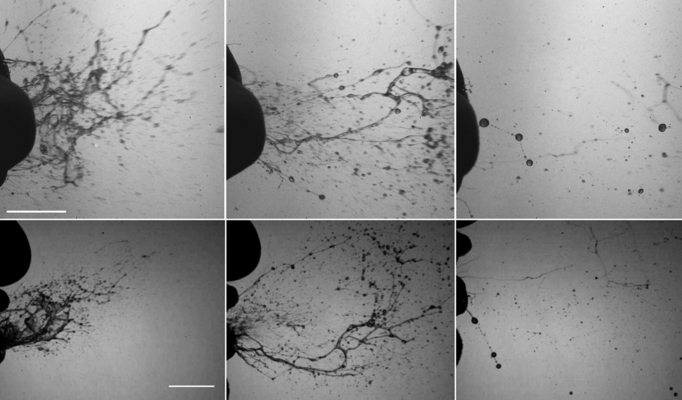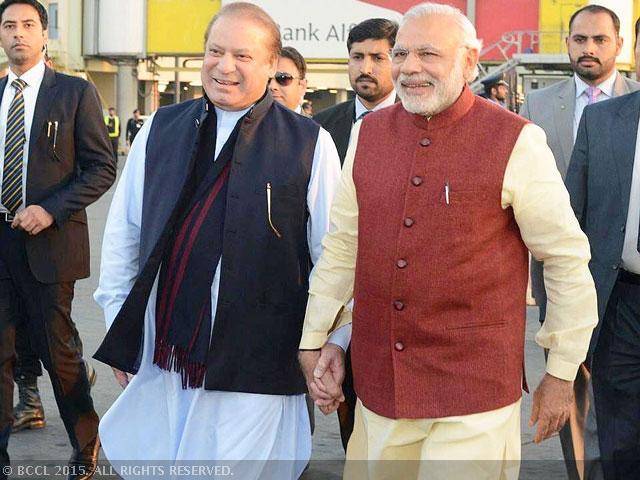
If PM Narendra Modi’s surprise visit to Pakistan on December 25 raised hopes for peace in South Asia, immediately following that, a terrorist’s attack on India’s Pathankot Air Force Base dashed those hopes to the ground. The foreign secretary level talks between India and Pakistan proposed for this January15 has been sabotaged, experts opined.
Earlier Disruptions
Earlier, the 2006 Mumbai blasts followed by another terrorist attack on India’s financial capital in 2008 and then the July 2015 raid on Gurdaspur prevented the peace process in the region to take off. In fact, the one common feature in all these outrages in the decade from 2006 to 2016 is that they were perpetrated around the time when détente in the relations between India and Pakistan seemed promising
Luckily the terrorists failed this time because Foreign Secretary level meeting between India and Pakistan has not been canceled but just postponed to allow the investigations in both the countries over the attack go on uninterrupted. Thanks to Pathankot assault, the two governments now seem to walk hand-in-hand to find solution to various irritants, Kashmir included, that had triggered three full fledged wars between them in the past. It appears that from behind the dark clouds of Pathankot, a silver lining of Indo-Pak peace, amity & friendship, however feeble, has emerged.
Silver line around dark clouds
India and Pakistan, for the first time, had shared their anxiety over Pak based terrorists’ attack on Indian soil. PM Nawaz Sharif conveyed to India his “heartfelt sadness and grief” on the loss of lives in the Pathankot attack and India has welcomed Pakistan’s gesture. In India, public opinion to settle disputes with neighbor is gaining ground, even RSS, an extreme Hindu Rightist organization, who patronized Modi, backed his endeavors to make peace with Pakistan.
After India pointed out involvement of Pakistan-based Jaish-e-Mohammed (JeM) organization in this attack to Pak authorities, as per reports movements of Maulana Masood Azhar, notorious JeM chief have been restricted and his seminaries raided in Pakistan. India termed Pakistan’s action as positive first step.
The Indians have welcomed the Pak enquiry team here to probe the leads about Pathankot attack given to them by India. The government has arrested rightist Hindu Sena chief and others for ransacking PIA (Pakistan International Airline) office in Delhi and had assured security and safety of its staff and sites.
The mainstream media, this time on both sides has analysed the Pathankot tragedy impartially. For example, ‘Dawn’ Pak’s main newspaper, in one of its recent write ups about Masood Azhar,say, “Most of Pakistan’s terrorism problems have roots in our past policy of promoting militant groups like JeM to fight proxy wars (with India). It is now time to undo that historical wrong. One hopes the tipping point has finally arrived”.
Similarly, stories like “Stopping talks is to play into hands of terrorists (Hindustan Times), “Dialogue with Pakistan must go on, (The Indian Express) and “Stay the course after Pathankot” (The Hindu Newspaper) highlighted need for resumption of peace talks, all the provocations notwithstanding!
If PM Modi’s unannounced visit to Pakistan on Christmas Day emanated some friendly vibes all around, in Pakistan some of the media men were stunned at the suddenness of the event and yelled “Tauba Tauba” (God forbids) on arrival of Modi and his team in Lahore.
Modi’s “Tauba Tauba” Visit
Though PM Modi’s unannounced landing in Pakistan on December 25 to greet PM Nawaz Sharif on his birth day and also to attend his grand-daughter’s marriage as self-invited guest, made headlines the world over, it left Pak media, both print and electronic, naïve and overwhelmed. They were dazed to find the posse of more than 120 Indians’ landing in Pakistan without a visa.
The voice of a Pak TV news channel reporter often quivered as he got into the depth of the news, “Modi and his delegation arriving in Lahore without visas “and while reporting about Modi’s landing in Lahore, he cried “Tauba Tauba” (which could loosely be translated as God forbid) time and again.
“For the first time in history, close to 120 people have landed in Pakistan without visas,” Reporter agitatedly said to the camera. His sense of awe gave way to caution as he urged Pakistan’s security agencies, immigration and even Parliament to “take note of the incident” and talked about the “brazenness” with which these Indians were treading the roads of Pakistan, without security’s watch over them.
Truly speaking, it was more an exception than a rule, that Modi’s entire team returning home from Kabul, had landed in Lahore without Visa. Whereas PM Modi and VIPs like India’s National Security Advisor, foreign secretary and government spokesperson went straight to Pak PM Sharif’s residence to exchange greetings, the rest after landing were out on the roads.
As matter of fact, on December 25, 2015, Prime Minister Narendra Modi announced that he, on his way back home, would visit Pakistan, and arrived in Lahore three hours later. At such a short notice, the Indian delegation had to land him in Lahore without visas from Kabul.
In the end
An adage ‘thief is not the mouse but a hole in the wall’ aptly applies to terrorist attacks on Pathankot. According to experts it was authorities lack of vigilance on Punjab side of Indo-Pak border more than anything else that let terrorists from Pak in, twice within six months and do that has already been narrated by media.in detail.
Security agents suspect that the terrorists, who came in Punjab had help from drug smugglers to enter through routes tried and tested by traffickers. The arms and ammunition used by them were concealed by smugglers as drug consignment who entered separately using the same route. Narcotics smuggling in Punjab from across the border has been rampant and the drug kingpins were never nabbed by authorities may be BSF or Punjab Police or National Security Agency.
The ruling Akali Dal government in Punjab has blamed the BSF for the drug menace who themselves have often been accused by opposition parties as patrons of drug smugglers in Punjab.
All said and done, Pathankot terror attack, without doubt, has exposed Indian security preparedness in poor light, particularly when they were cautioned about influx of terrorists in advance. Let the gaps in our security grid be plugged immediately because it is suspected that a section of terrorists have entered Delhi and may create ruckus around Republic Day.


 South Asian News E-Paper
South Asian News E-Paper Punjabi News E-Paper
Punjabi News E-Paper